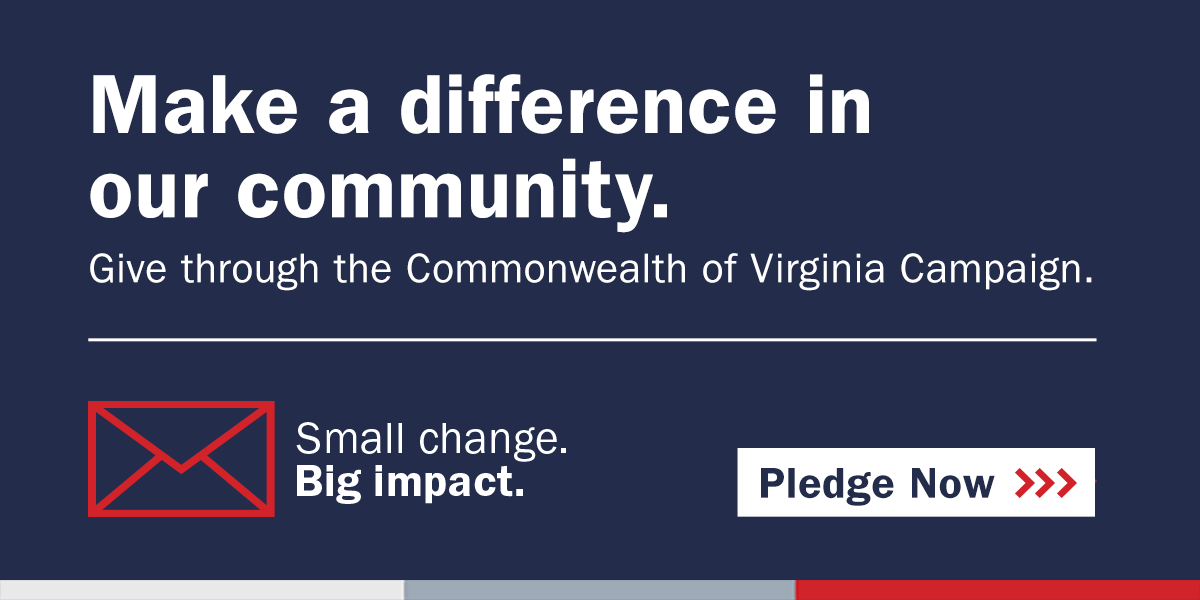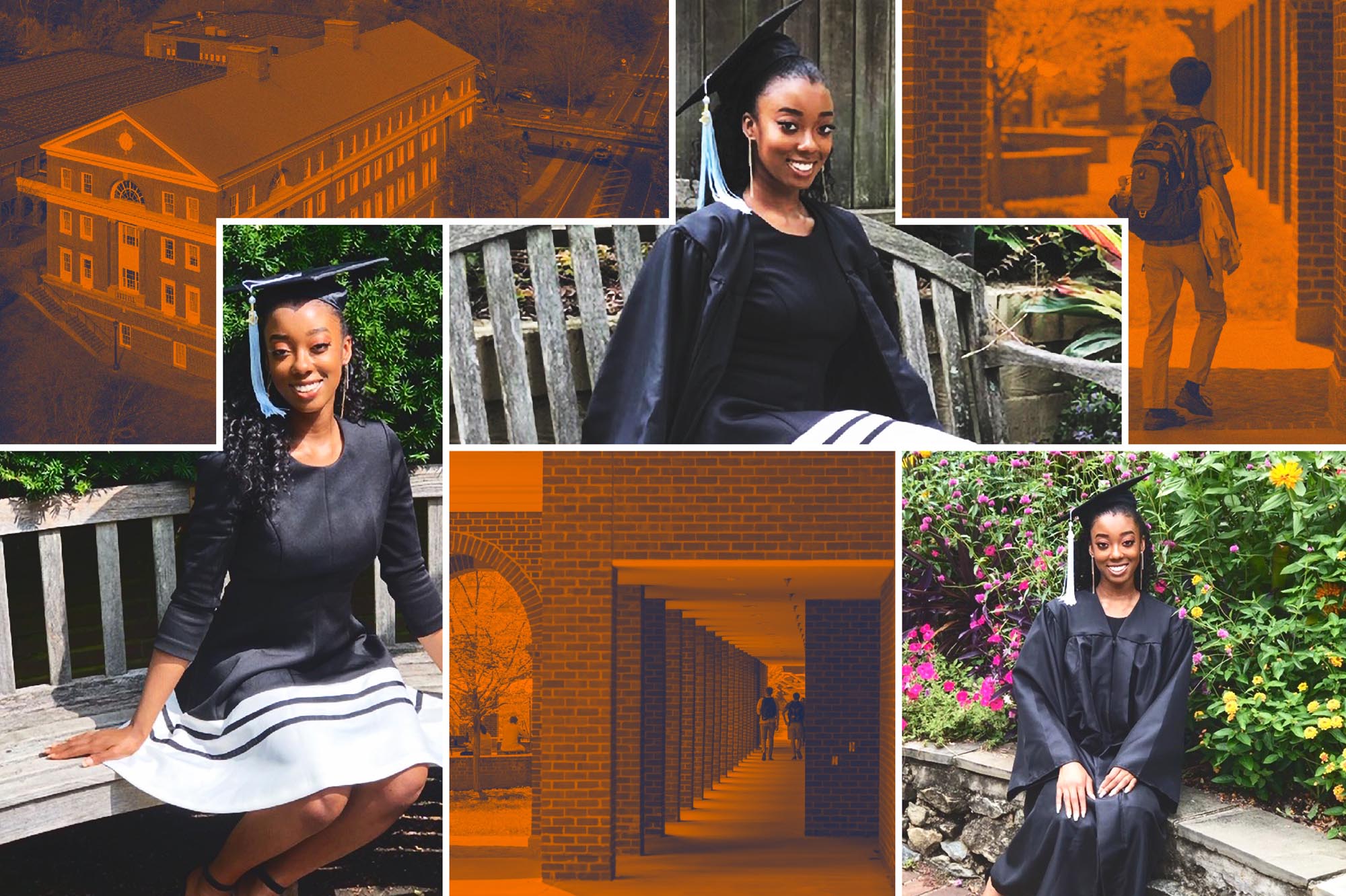Fatimah Alhassan, a May graduate of the University of Virginia’s School of Education and Human Development, remembers the day she received an important phone call from Student Financial Services. She and her mother were in the living room of the family home in Silver Spring, Maryland. Alhassan had already been accepted to UVA, but she and her family were still busy trying to assemble an aid package that would allow her to attend the University.
“When I got the call, I was taken aback,” Alhassan recalled. “I thought: ‘Oh my gosh, I got the scholarship.’ It meant that I was able to go to college without having to worry about incurring any debt or having to take out loans. I knew, moving forward, that I could focus on my studies and explore what college has to offer without having to worry about picking up a part-time job just to be able to support myself.
“It was a really happy day for me. And my mom was just so proud.”
With the addition of a Blue Ridge Scholarship to her financial aid package, Alhassan – a first-generation college student – had overcome the last barrier to her dream of attending UVA.

With a challenge gift to create the Blue Ridge Scholars program in 2014, alumnus John A. Griffin, a Board of Visitors member, created the program to support undergraduate students with exceptional academic promise and significant financial need. In 2020-21, 213 undergraduates received Blue Ridge Scholarships.
Alhassan was just 16 years old when she arrived at UVA and graduated in May at age 19. A kinesiology major, she is now preparing for medical school with the goal of becoming an orthopedic surgeon. But as an undergraduate she made the most of her student experience.
On her own initiative, she spent a semester abroad at the University of Exeter during the fall of her fourth year. She lived in the International Residential College her first year, and afterward, made a point to get involved in the international community at UVA, eventually becoming a peer mentor at the IRC.
“The scholarship definitely helped me study abroad,” she said. “It was a transformative experience. When you come back, you bring a changed perspective, and that is something that can positively change the UVA community for the better.”
Like many of her classmates, Alhassan finished her final semester from home due to the global pandemic. She spent the summer in a 10-week UVA program called Propel, which is designed to provide UVA students with an opportunity to participate in team-based projects sourced through employer partners and local Charlottesville start-ups. Projects address a wide variety of business challenges from market research and marketing strategy, to digital transformation, to product development and social entrepreneurship. Though normally open to rising fourth- and third-year students, because of the pandemic it was expanded to include May graduates.
“There were two projects I did for Propel,” Alhassan said. “I developed a business center design to improve economic development and the growth of small businesses for Greene County, Virginia. For the second one, I composed a company’s rebranding strategy to expand the company’s software products into a niche student market. The Propel program was a way for me to refine my communication and analytical skills while trying something new.”
Alhassan said she is grateful for the people who made the Blue Ridge Scholars program a reality.
“You help [scholarship recipients] reach a point that they otherwise wouldn’t have been able to reach,” Alhassan said. “I really hope that people who donate know the impact that they’re having on people’s lives. Students coming to UVA – they’re all qualified. UVA has seen their academic record, their extracurricular activities, leadership.
“It’s just that small saving grace that students need to be able to fast-track their future and their career.”
Media Contact
Article Information
December 8, 2020
/content/small-saving-grace-how-blue-ridge-scholarship-helped-fatimah-alhassan

